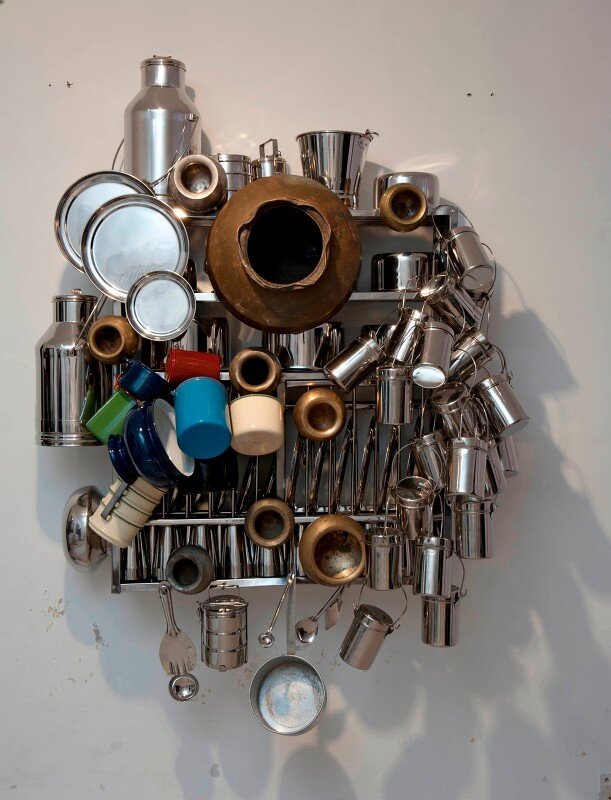Lent Day 26
by Jonas Davison
John 6:1-15
After this Jesus went away to the other side of the Sea of Galilee, which is the Sea of Tiberias. And a large crowd was following him, because they saw the signs that he was doing on the sick. Jesus went up on the mountain, and there he sat down with his disciples. Now the Passover, the feast of the Jews, was at hand. Lifting up his eyes, then, and seeing that a large crowd was coming toward him, Jesus said to Philip, “Where are we to buy bread, so that these people may eat?” He said this to test him, for he himself knew what he would do. Philip answered him, “Two hundred denarii worth of bread would not be enough for each of them to get a little.” One of his disciples, Andrew, Simon Peter's brother, said to him, “There is a boy here who has five barley loaves and two fish, but what are they for so many?” Jesus said, “Have the people sit down.” Now there was much grass in the place. So the men sat down, about five thousand in number. Jesus then took the loaves, and when he had given thanks, he distributed them to those who were seated. So also the fish, as much as they wanted. And when they had eaten their fill, he told his disciples, “Gather up the leftover fragments, that nothing may be lost.” So they gathered them up and filled twelve baskets with fragments from the five barley loaves left by those who had eaten. When the people saw the sign that he had done, they said, “This is indeed the Prophet who is to come into the world!”
Perceiving then that they were about to come and take him by force to make him king, Jesus withdrew again to the mountain by himself.
Family Portrait by Subodh Gupta
Our family moved to Japan in the fall of 2019. One aspect of life here is that Japanese recycling is at a whole ‘nother level. Got a plastic bottle you’d like to get rid of? Take the label off, put it in one bin, and put the bottle in another. And don’t try putting it in the “burnable trash” bag - they check!
I love that Jesus, after feeding 5,000 people from a first-century kid’s lunchable, tells the disciples to collect the leftovers so they won’t go to waste. Jesus can obviously feed any number of people any time he wants, with next-to-no earthly resources. So why bother collecting the leftovers?
Three points in this passage stick out at me. The first is the significance of the leftovers themselves: 12 baskets, one for each of the 12 tribes of Israel. Christ can feed his covenant people with his leftovers. Second, Christ models enjoying the bounty of the Kingdom as a son or daughter of the King, while simultaneously stewarding that bounty. Continuing as emissaries of Christ on the earth, then, we follow him when we exhibit both trust in his providence and stewardship of that providence. We err when we forget that he is our provider and overly rely on our ability to scrimp and save, or when we forget that we are his stewards and waste wantonly (I promise, wantonly is a word).
Lastly, by extension, if our good King did not waste a few crusts of bread, then even on the likes of you and me, his purchase of our freedom by the blood of his cross is not a waste. As bad as we are - full of selfishness and sin - Jesus is still collecting the leftovers. Nor does he waste our lives in his service. We can trust that he “keeps track of all our sorrows,” (Psalm 56:8), and will fill us even with his very self (Ephesians 1:23). As has been said elsewhere, he’s not safe, but he’s good. He will bring us safely through, and we will get in.
Jonas and his family are part of a team of church planters and artists working in the city-center of Tokyo, Japan. He is a classical flutist and music producer, and served 7 years with the U.S. Army Bands until God called his family into ministry among the Japanese, who remain the world’s second-largest unreached people group. More about the Davison family can be found at http://davisonfam.epistle.today.

